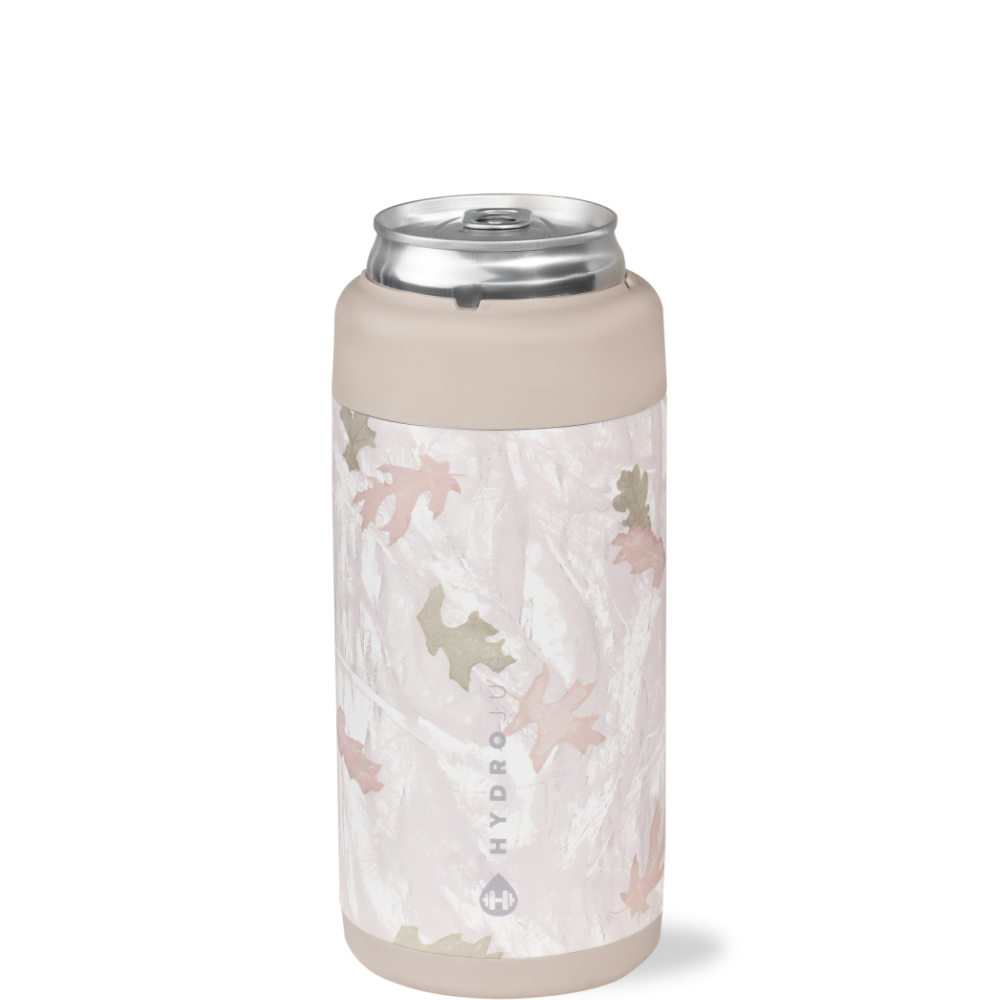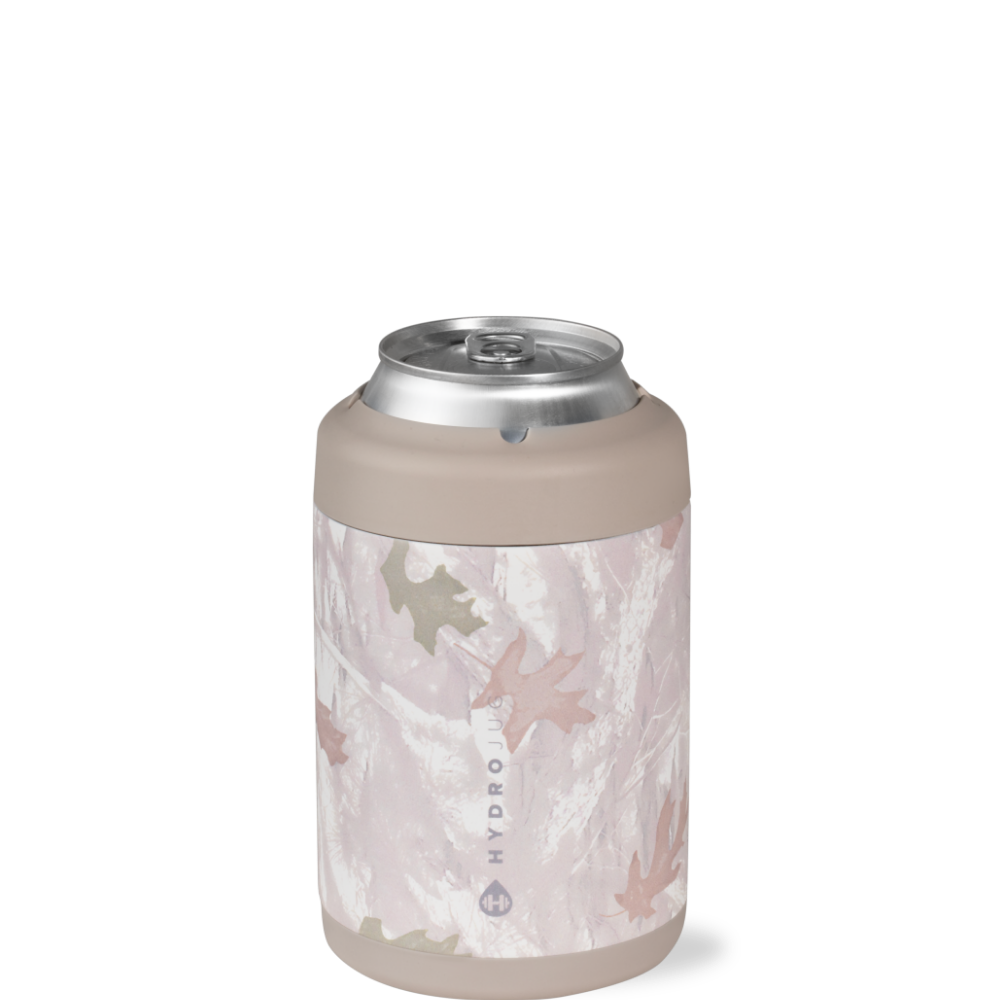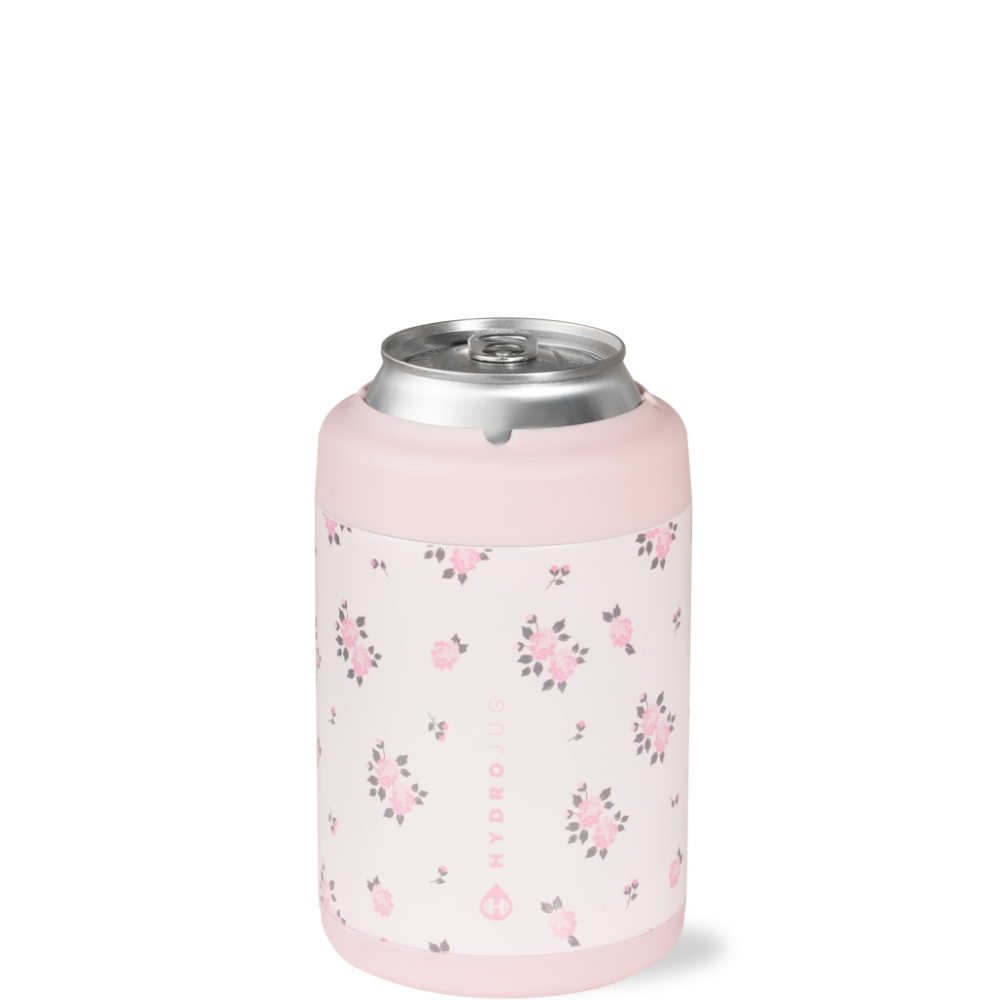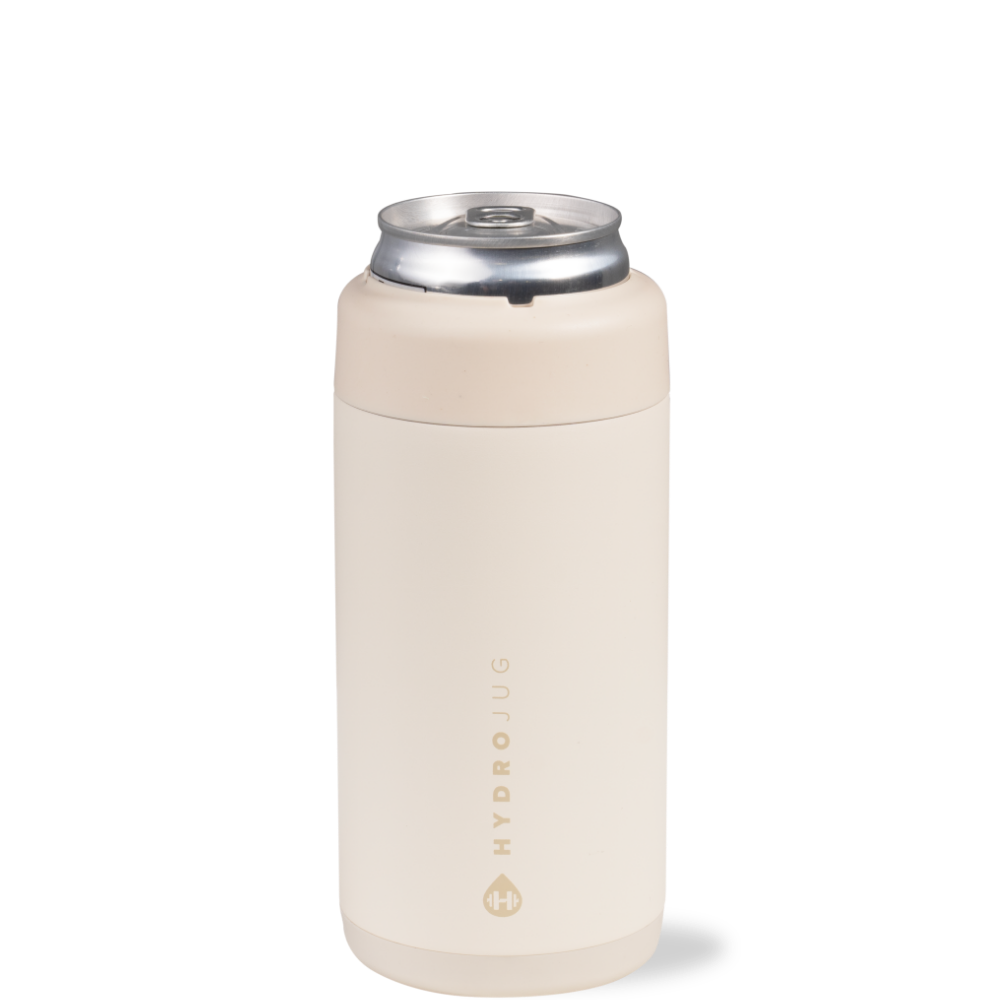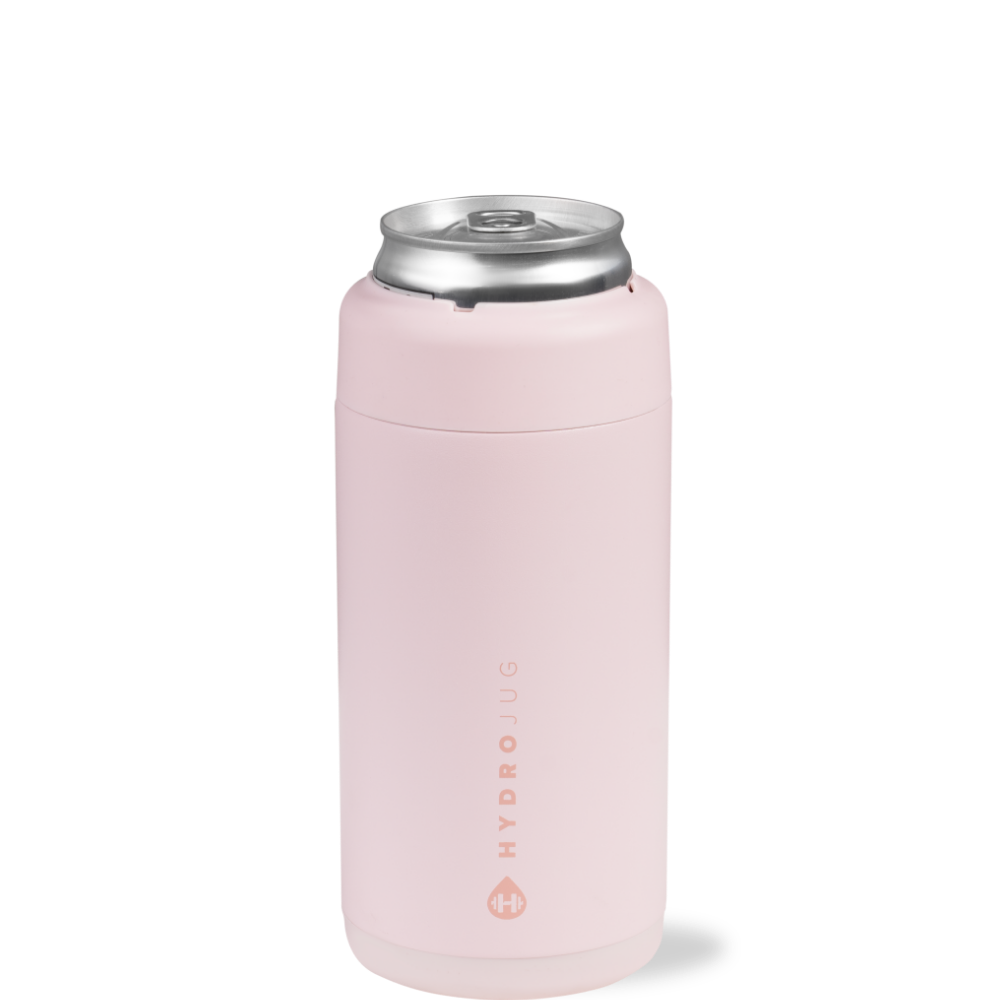
What is Intuitive Eating?
The intuitive eating practice was founded in 1995 by Evelyn Tribole and Elyse Resch. It is a practice that focuses on the mind and body health connection. This practice has 10 fundamental principles that, when used together, help you to meet your health needs. This practice is not a diet, but it is a sustainable way to create a healthy mental and physical relationship with food.
The 10 Principles to Intuitive Eating
1. Reject the Diet Mentality
Diet culture has and always will be a huge part of society. This is mainly because different things work for different people. However, in order to truly eat intuitively you have to leave dieting behind.
2. Honor Your Hunger
This principle is all about listening to your body’s ques and learning to feed your body when it is hungry and stop eating when you are full. When your body gets to the point of excessive hunger, this will trigger the need to overeat.

3. Make Peace With Food
This concept is basically giving yourself permission to eat. If you limit yourself to certain foods, there is always the temptation to “give in” and then feel like you did something wrong later. Give yourself permission to eat all foods without feeling guilty about it.
4. Challenge the Food Police
Remove the idea from your head that you are either “good” or “bad” because of what you eat. A big part of Intuitive eating is eliminating the practice of judging yourself based on what you eat and how you eat.
5. Discover the Satisfaction Factor
It is important to find pleasure and enjoyment in eating. Try to create a comfortable and enjoyable eating environment for yourself so that eating turns into a positive experience that you can enjoy.

6. Feel Your Fullness
This principle might require some practice at first. Listen for the signals from your body telling you it is full. A few techniques to try are eating slower and taking your time while you eat, and to pause a couple of times during your meal and assess how the food tastes and how hungry you still feel.
7. Cope With Your Emotions With Kindness
Food is often the solution for many of life’s emotions. Boredom, anxiety, depression, and anger can all lead to eating as a coping mechanism. However, many people will learn that it is only a distraction. This principle of Intuitive eating is about learning how to process your emotions by dealing with the source instead of turning to food to deal with emotions.
8. Respect Your Body
This principle is all about learning to not be overly critical about your body. Treat it with respect and learn to appreciate your genetic makeup for what it is because your body is unique to you, and it should be celebrated.

9. Feel the Difference of Movement
Instead of focusing on the calorie-burning aspect of working out, instead, focus on how your body feels. Do you feel more energized, stronger, and confident? Figure out why you want to work out instead of why you have to work out.
10. Honor Your Health With Gentle Nutrition
Eat foods that you like and also that support your health. Eating a perfect diet is not the only way that you can be healthy. This practice is about sustainability. What you eat consistently over time is what matters the most.
Contrary to what a lot of people may think, Intuitive Eating is not a diet. It is a lifestyle. It requires both your mind and your body to work together to provide you with the best health. Although this method may not work for everyone, it is an insightful practice with principles that everyone can adopt in some way.



















